What if your community wants to pay you more?
Pricing is so hard. It’s psychological, it’s strategic, it brings up our own relationship to our worth. It’s not just about money.
After the first cohort of BACB, I noticed the changes community leaders made to their business were often related to pricing. Several of them moved from free to paid models, scaled back their offer to better match the value they were providing, and raised prices to build a more sustainable business. In office hours, pricing is one of the topics we talk about most often.
A lot of online business coaches give sweeping advice about “doubling your price.” I don’t believe anyone else has the answer on how much you should charge. You have to find a number that feels right to you. If you don't believe in the value, no one else will either.
If you’re running a community business and it’s not yet living up to its potential, here are some questions for you to sit with and reflect on.
What if your ideal member wants to pay you more money? (without you doing more)
This is a question that comes from analyzing my own behavior. I’m a member of lots of communities and have taken lots of courses with a community component. They all bring value to my life in some way.
But if I look at the places where I show up most consistently and gain the most value from, they are where I’ve invested more to join. Paying more means that I’m committing to that community. It’s a decision I’m making based on who I want to become. I tend to take for granted the communities that are free, which means I not only show up less and give less of myself there, but I’m also getting way less than I could just because I don’t value it enough.
Is this true for you? Could it be true for your members?
If you’re charging less now to charge more later, do you have evidence this will happen?
Many people start with a free or low-cost community, even if they know they eventually want to build a community business that charges a premium for membership. The problem with that is that often the members who are interested in the free or low-cost offer you have are not the same people who will pay for the higher price offer you have in mind.
If you have this lower tier, those who are willing to pay you more may be happy enough with what they’re getting and will see no reason to upgrade when you offer something bigger.
So think it through. Is it true that your lower-priced members convert to your higher-priced offers eventually? Or are you just hoping that will happen?
What if instead of charging less, you charged more?
If you’re just getting started, you might think, I need to start small, charge less now, and later charge more. What if you reversed that? You’d start by charging more (maybe way more) so that even if fewer people join at first, that’s enough for you to feel good as a community leader.
What could you offer as a part of your community offer that would make you feel good about charging more? What if that could NOT be more 1:1 time with you?
What’s the number where you wouldn’t feel resentful towards your community members?
Resentment happens when we don’t set and enforce healthy boundaries. Pricing is a boundary.
As community leaders, we pride ourselves on giving as much as we can and making sure we’re there when our members need us. Doing that in an unsustainable way for an unsustainable number of members will lead you to burnout. When you do, you’ll feel resentment towards your members. Feeling burned out and resentful is no way to build a thriving community.
Have you ever felt that? If so, what is the number you have in your head that you could charge and NOT feel that resentment?
In my career, I’ve learned the hard way that making money from the labor of helping people connect doesn’t cheapen our work. On the contrary, it helps us feel appreciated and motivated as leaders and it makes for a more honest value exchange with members.
I hope that reflecting on these questions unlocks something for you. And if it does, reach out and tell me about it!
If you're looking for more support as you navigate decisions in your community business, I hope you'll check out Build a Community Business.

